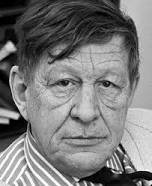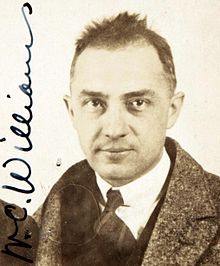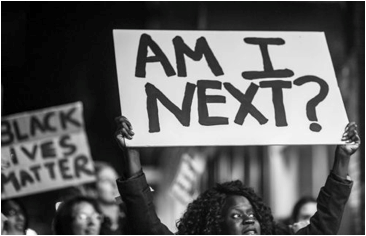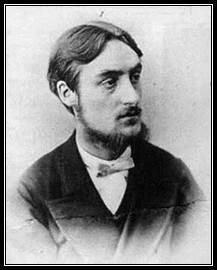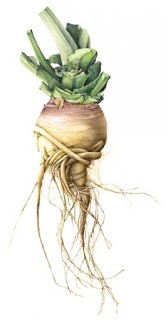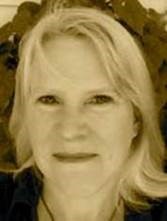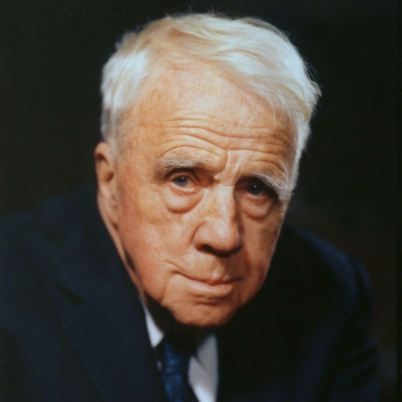Does poetry matter in the face of violence or suffering? Can words arranged on a page or spoken alter the facts of war or terror, racism, poverty?
W. H. Auden, famously, said, “poetry makes nothing happen.” And yet he wrote those words in a poem, one that honors fellow poet W. B. Yeats. He goes on to say of poetry: “it survives, / A way of happening, a mouth.”
Few would say that the value of poetry inheres in making something happen in the world. As Auden said elsewhere, “If the criterion of art were its power to incite action, Goebbels would be one of the greatest artists of all time.” And yet, poetry surely does something. It can make us see and feel in ways we otherwise wouldn’t; it makes vivid what we might otherwise ignore.
This week I want to offer three poems that I believe speak to the power of poetry to startle and reveal. Perhaps they also speak to our renewed need for poetry in a world of too much despair. Each of the three went “viral,” in response, respectively, to the refugee crisis, the Black Lives Matter movement, and the Pulse nightclub shooting. Volleyed around the globe, they survive; they are a way of happening. They are a mouth that has opened.
Thank you to Fr. Staudenmaier for inviting me to share them.
_________________________________
The first time I heard “Home” was the same day I saw the photograph of Aylan Kurdi, a three-year old Syrian refugee whose body washed up on a Turkish beach. It was almost as if Warsan Shire’s words were the soundtrack to an image at once peaceful and horrifying.
I didn’t fully comprehend the poem’s power until I heard it read aloud by Canadian actress Yanna McIntosh; you can do so here by clicking on the link to “Listen.”
“Home” by Warsan Shire
no one leaves home unless
home is the mouth of a shark.
you only run for the border
when you see the whole city
running as well.
your neighbours running faster
than you, the boy you went to school with
who kissed you dizzy behind
the old tin factory is
holding a gun bigger than his body,
you only leave home
when home won’t let you stay.
no one would leave home unless home
chased you, fire under feet,
hot blood in your belly.
it’s not something you ever thought about
doing, and so when you did –
you carried the anthem under your breath,
waiting until the airport toilet
to tear up the passport and swallow,
each mouthful of paper making it clear that
you would not be going back.
you have to understand,
no one puts their children in a boat
unless the water is safer than the land.
who would choose to spend days
and nights in the stomach of a truck
unless the miles travelled
meant something more than journey.
no one would choose to crawl
under fences,
be beaten until your shadow
leaves you,
raped, then drowned, forced to
the bottom of
the boat because you are darker, be sold,
starved, shot at the border like a sick animal,
be pitied, lose your name, lose your family,
make a refugee camp a home for a year or two or ten,
stripped and searched, find prison everywhere
and if you survive
and you are greeted on the other side
with
go home blacks, refugees
dirty immigrants, asylum seekers
sucking our country dry of milk,
dark, with their hands out
smell strange, savage –
look what they’ve done to their own countries,
what will they do to ours?
the dirty looks in the street
softer than a limb torn off,
the indignity of everyday life
more tender than fourteen men who
look like your father, between
your legs, insults easier to swallow
than rubble, than your child’s body
in pieces – for now, forget about pride
your survival is more important.
i want to go home,
but home is the mouth of a shark
home is the barrel of the gun
and no one would leave home
unless home chased you to the shore
unless home tells you to
leave what you could not behind,
even if it was human.
no one leaves home until home
is a damp voice in your ear saying
leave, run now, i don’t know what
i’ve become.
______________________________________
Mary-Catherine Harrison, Ph.D.
Associate Professor of English, University of Detroit Mercy
Co-Director, University Honors Program
Executive Director, Rx for Reading Detroit
mc.harrison@udmercy.edu
(313) 993-1081

